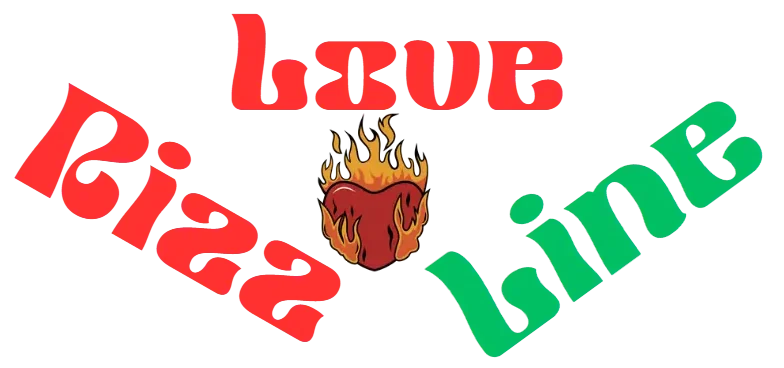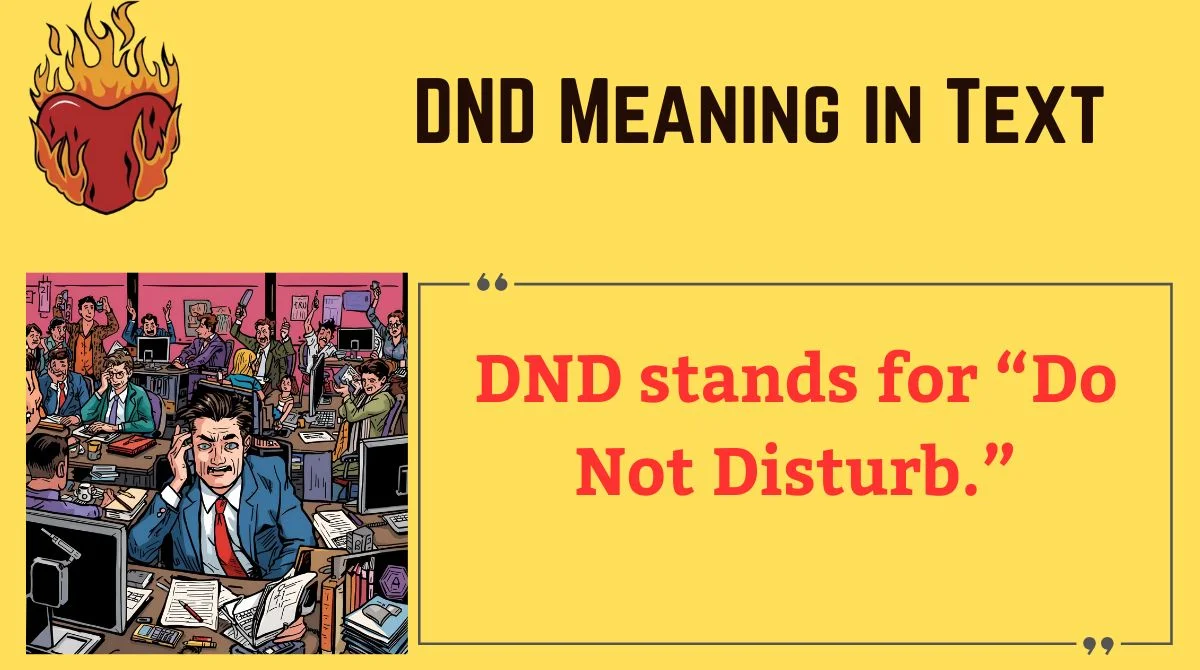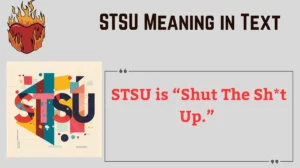Understanding acronyms can save you from awkward pauses in conversations. One of the most common ones you’ll see on phones, messaging apps, and social platforms is DND.
If you’ve ever seen “DND” pop up in a chat, on a profile, or as a notification, this guide will clear up exactly what it means, how it’s used, and how to respond.
What Does “DND” Mean in Text?
In most texting and online contexts, DND stands for “Do Not Disturb.” It’s a simple way to tell someone you’re not available, busy, or prefer not to be interrupted. This abbreviation is now widely recognized across smartphones, instant messaging, and even email.
Key facts:
- In texting, “DND” almost always signals unavailability rather than rudeness.
- Most phones have a DND mode or setting to silence notifications.
- People may also add “DND” to their status message, social bio, or display name.
Here’s a quick view of the primary meanings:
| Acronym | Most Common Meaning | Typical Context |
|---|---|---|
| DND | Do Not Disturb | Texting, apps, phone settings |
| DND | Dungeons & Dragons | Gaming conversations |
| DND | Do Not Disclose/Delete | Legal or corporate notes |
Origin and Evolution of “DND”
Long before smartphones, “Do Not Disturb” signs hung on hotel doors or office cubicles. As mobile culture exploded, this phrase migrated to digital platforms.
- Early 2000s: Messaging apps like MSN Messenger let users set custom statuses. “Do Not Disturb” became a built-in option.
- 2010 onwards: Smartphones like the iPhone added a DND feature in settings, silencing calls and notifications.
- Today: People casually write “DND” in text messages, social profiles, and even group chats to signal their status quickly.
This evolution mirrors other phrases that jumped from the physical world to digital slang — like “away” or “on hold.”
How “DND” Appears in Real Conversations
Knowing the context helps you interpret it correctly. Here are common settings:
- Personal Texting: A friend might text “Busy rn, DND” to politely say they’re unavailable.
- Group Chats: Admins may put “DND” next to their name to discourage tagging them.
- Work Communication: Colleagues sometimes update Slack or Teams status to “DND – in a meeting.”
- Dating Apps: Users sometimes write “DND” in their bio to mean “Don’t Disturb” or as a personality cue (more on that below).
Example text:
“Hey, I’m in a lecture. DND for the next hour.”
Variants and Alternative Meanings
Although “Do Not Disturb” dominates, you’ll sometimes see DND used differently. Knowing these saves confusion:
- Gaming World: “DND” stands for Dungeons & Dragons, the iconic tabletop role-playing game. In gaming forums or Discord, this meaning is far more common.
- Corporate/Legal: “Do Not Disclose” or “Do Not Delete” can appear in internal notes or emails.
- Personal Code Words: Some friend groups invent their own meaning for DND (inside jokes, project names).
Here’s a reference table:
| DND Meaning | Context Example |
|---|---|
| Do Not Disturb | “On a call, DND pls” |
| Dungeons & Dragons | “Anyone up for DND tonight?” |
| Do Not Disclose | “Marked DND for confidentiality” |
| Do Not Delete | “Keep this file, DND” |
Common Misunderstandings & Clarifications
Because DND has multiple meanings, confusion is inevitable. The key is to read the room:
- Not Rude: “DND” usually isn’t a brush-off; it’s a status update.
- Gaming vs. Availability: If someone writes “DND night,” they’re probably playing Dungeons & Dragons.
- Boundaries: In some cases, “DND” signals a firmer boundary, like “please don’t contact me for now.”
Think of it like a “closed for maintenance” sign: it’s informative, not offensive.
Cultural and Regional Differences
In some countries, “DND” isn’t just slang — it’s an official mobile service. For example:
- India & Pakistan: Mobile carriers offer a “DND registry” where you opt out of marketing texts.
- UK & EU: “Do Not Disturb” is a recognized phone setting, but less of a text slang.
- US: Most people associate DND with iPhone/Android settings or workplace statuses.
These differences matter if you’re texting internationally. Someone in India might think “DND” means “no promotional SMS” while someone in the US reads it as “busy, don’t message.”
Professional & Etiquette Considerations
You can use “DND” in professional contexts, but tone matters:
- Slack/Teams/Email: Fine to use as a status. Example: “DND – writing report.”
- Business Emails: Avoid acronyms if the audience may not know them. Instead write “I’m currently unavailable” or “Please don’t disturb until 3 PM.”
- Meetings: Many companies encourage “DND” on phone notifications during calls to minimize distractions.
Best practice: In formal communication, spell it out (“Do Not Disturb”) at least once before using the acronym.
How to Respond When You See “DND”
When someone writes “DND,” treat it as a pause sign:
- Wait to Reply: Give them space until they’re available.
- Schedule Later: Send a message like, “No problem, I’ll text back at 5.”
- Clarify if Needed: If unsure, ask politely, “Does DND mean you’re busy right now?”
Example polite responses:
- “Got it, I’ll ping you later.”
- “No worries, message me when you’re free.”
Hidden or Offensive Connotations
There’s a myth online that DND hides some secret or offensive meaning. In reality, there isn’t one. Outside gaming or corporate jargon, “Do Not Disturb” remains a neutral, straightforward acronym.
Comparison with Similar Terms
People often confuse DND with other status-related acronyms. Here’s a quick side-by-side:
| Term | Full Form | Tone/Use Case |
|---|---|---|
| DND | Do Not Disturb | Unavailable, busy, silent |
| BRB | Be Right Back | Short break, returning soon |
| AFK | Away From Keyboard | Gaming or chatrooms |
| OOO | Out Of Office | Work emails, vacation |
| BUSY | Busy | Less formal, self-explanatory |
Knowing these differences helps you interpret messages correctly.
Real-World Case Study
Consider this scenario: A company uses Microsoft Teams. One employee sets their status to “DND – prepping presentation.” Another writes “OOO until Monday.” The first implies short-term unavailability but reachable later that day. The second signals a long absence. Understanding the nuance avoids mistimed calls and emails.
FAQs about DND Meaning in Text
What does DND usually mean in a text message?
It almost always means “Do Not Disturb,” signaling the sender is busy or doesn’t want notifications.
Does DND ever mean something rude or offensive?
No. It’s a neutral acronym. Most offensive meanings you see online are rumors or jokes.
What’s the difference between DND and AFK?
DND signals “I don’t want to be disturbed,” while AFK means “I’m away” but might not imply silence or boundaries.
Is DND okay to use in work emails?
It’s fine in internal chats or informal messages. In formal emails, spell out “Do Not Disturb” once for clarity.
Why do some people write DND on dating apps?
Some users write “DND” in bios to indicate they’re unavailable or not interested in being messaged frequently.
Conclusion
Learning the meaning of DND in text keeps your communication smooth. You’ll know when someone’s simply busy, when a gamer is referencing a role-playing night, and when a phone feature is involved. Interpreting acronyms correctly prevents misunderstandings and helps you respond with respect.
Whether in texting, workplace apps, or dating profiles, DND has become a universal shorthand for “please wait.” Using it wisely — and reading it correctly — is part of modern digital etiquette.

Mark Peter is the creative mind behind RizzleLineLove.com, your go-to hub for witty, flirty, and downright hilarious pick-up lines. With a passion for blending humor and charm, Mark crafts content that sparks conversations, breaks the ice, and adds a playful twist to everyday moments.
Whether you’re looking to impress your crush, make your friends laugh, or spice up your social media captions, his work is all about helping you connect — one clever line at a time.



